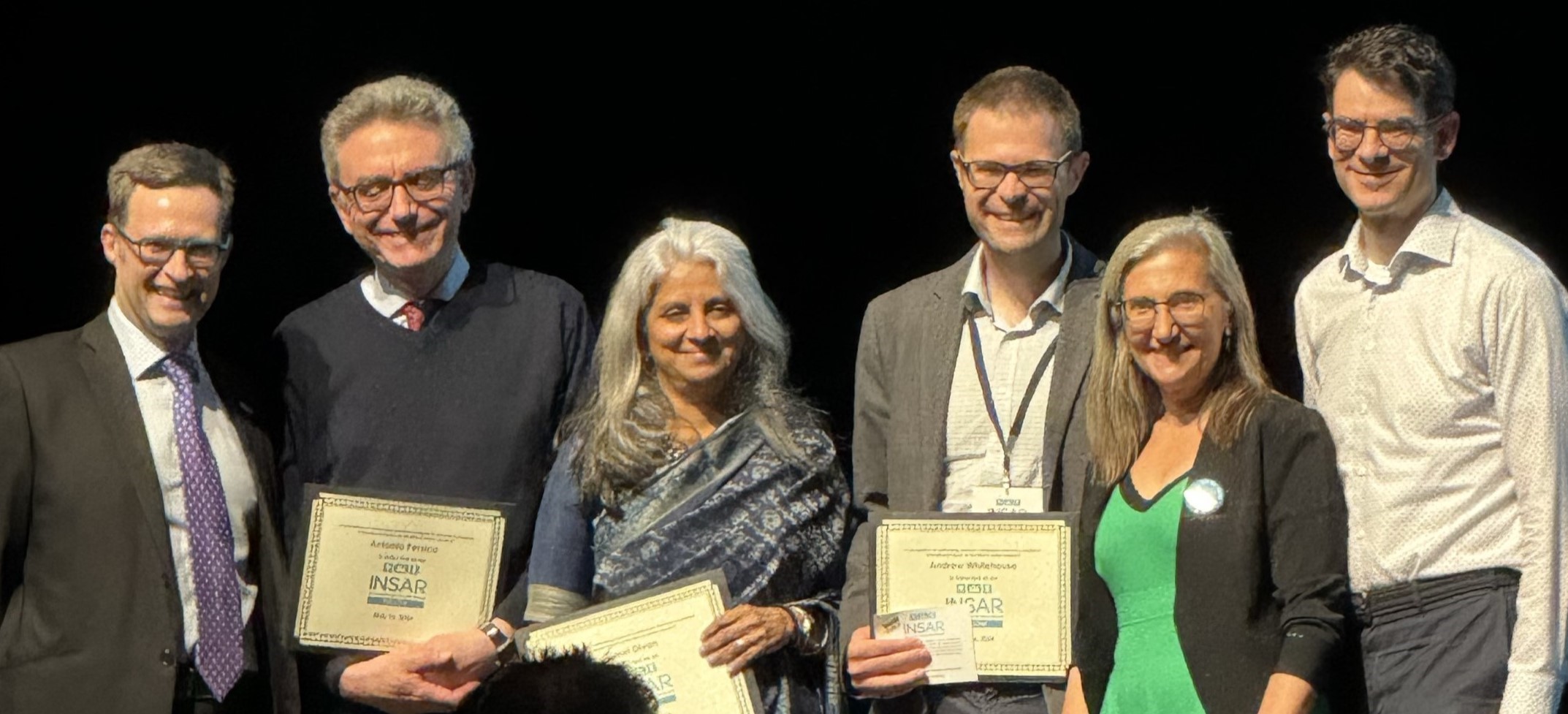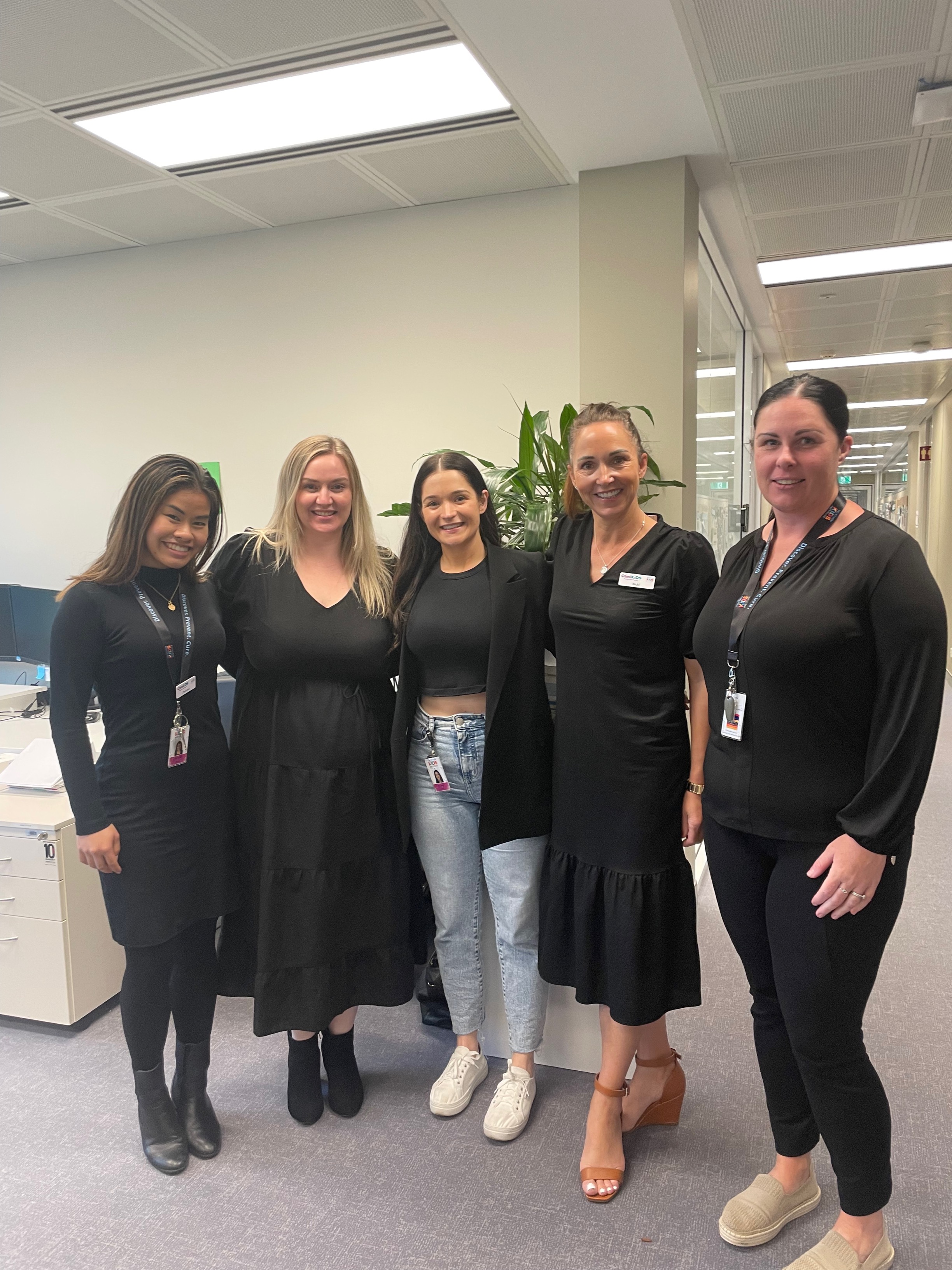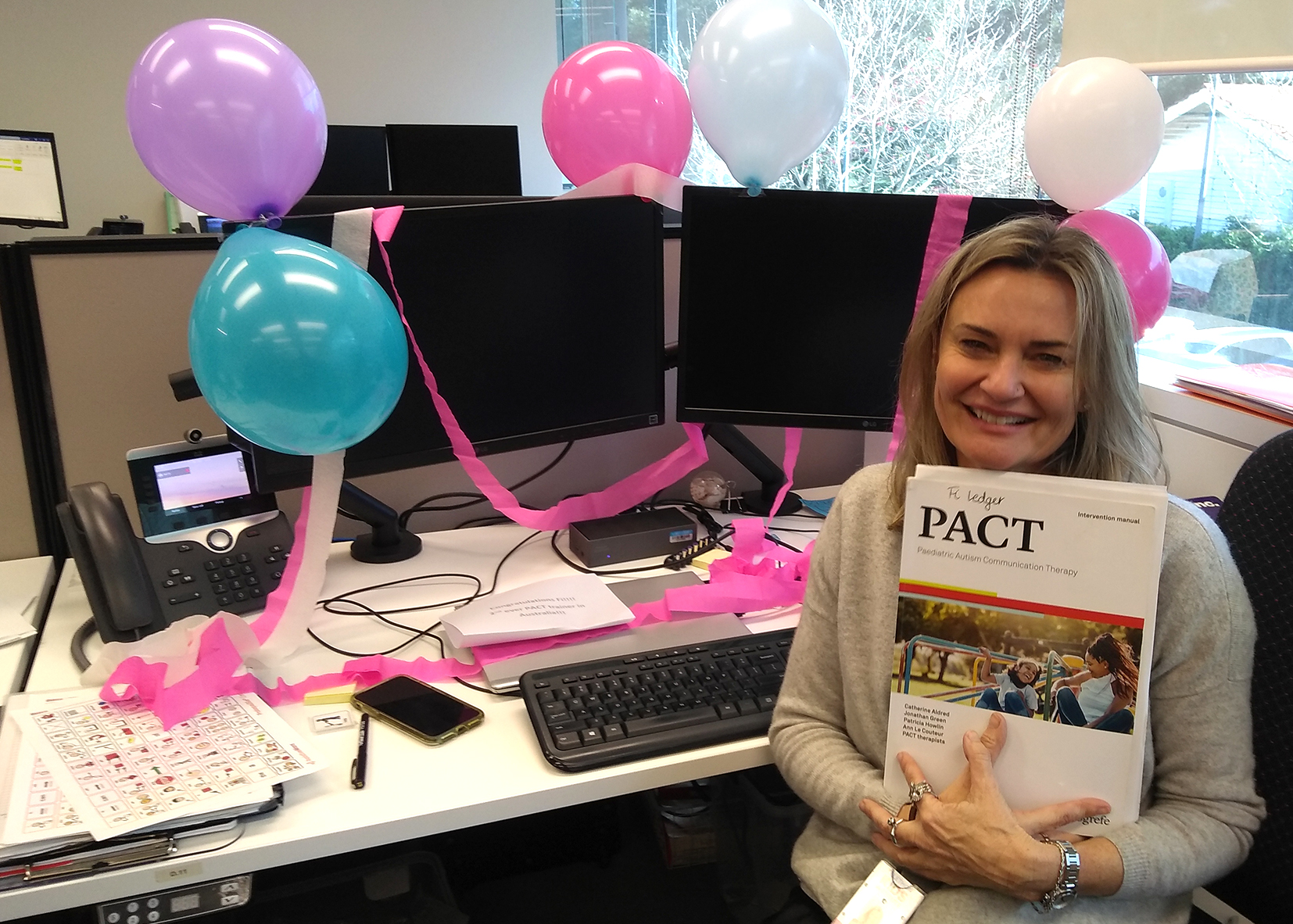Search

News & Events
Accolades for AndrewProfessor Andrew Whitehouse was recently inducted as a Fellow to the International Society for Autism Research, making him just the fourth Australian to be bestowed the honour.

News & Events
New starters at CliniKidsMeet Christina and Danae, the newest members of the Client Support team at CliniKids.

News & Events
Celebrating our teamWe thought we would share news of some fantastic achievements in our team recently.
Research
Pragmatic Adaptive Trial for Respiratory Infection in Children (PATRIC) Clinical Registry protocolAcute respiratory infections (ARI) are the most common cause of paediatric hospitalisation. There is an urgent need to address ongoing critical knowledge gaps in ARI management. The Pragmatic Adaptive Trial for Respiratory Infections in Children (PATRIC) Clinical Registry will evaluate current treatments and outcomes for ARI in a variety of paediatric patient groups.
Research
Intellectual disability and autism prevalence in Western Australia: impact of the NDISEstimates of the prevalence of intellectual disability or autism spectrum disorder may vary depending on the methodology, geographical location, and sources of ascertainment. The National Disability Insurance Scheme in Australia was introduced progressively from 2016 to provide individualized funding for eligible people with a significant and permanent disability.
Research
The Changing Detection Rate of Respiratory Syncytial Virus in Adults in Western Australia between 2017 and 2023The incidence of respiratory syncytial virus (RSV) in adults is inadequately defined and the impact of SARS-CoV-2-related non-pharmaceutical interventions (NPIs) is underexplored. Using laboratory data, we described the detection rate of RSV in adults ≥16 years in Western Australia (WA) between 2017 and 2023.
Research
Changing climates, compounding challenges: A participatory study on how disasters affect the sexual and reproductive health and rights of young people in FijiPacific youth are at the forefront of the climate crisis, which has important implications for their health and rights. Youth in Fiji currently bear a disproportionate burden of poor experiences and outcomes related to their sexual and reproductive health and rights (SRHR). There is limited information about how the increasing climate impacts may affect their SRHR, and what the implications may be for climate action and disaster risk reduction.
Research
Continuous Telemetric In Utero Tracheal Pressure Measurements in Fetal LambsNormal in utero lung development and growth rely upon the expansion of airspaces and the controlled efflux of lung liquid into the amniotic space. Infants with congenital diaphragmatic hernia (CDH) also have lung hypoplasia due to occupation of the chest cavity by the stomach and bowel and, in the most severe cases, the liver. Balloon tracheal occlusion reduces the severity of lung hypoplasia in fetuses with CDH but increases the risk of premature birth.
Research
Systematic review and meta-analysis of the prevention of internalizing disorders in early childhoodInternalizing problems comprise a significant amount of the mental health difficulties experienced during childhood. Implementing prevention programs during early childhood may prevent internalizing problems. The present systematic review and meta-analysis aimed to evaluate the effect of both targeted and universal prevention programs in preventing internalizing problems for children aged 3- to 5-years and their parents.
